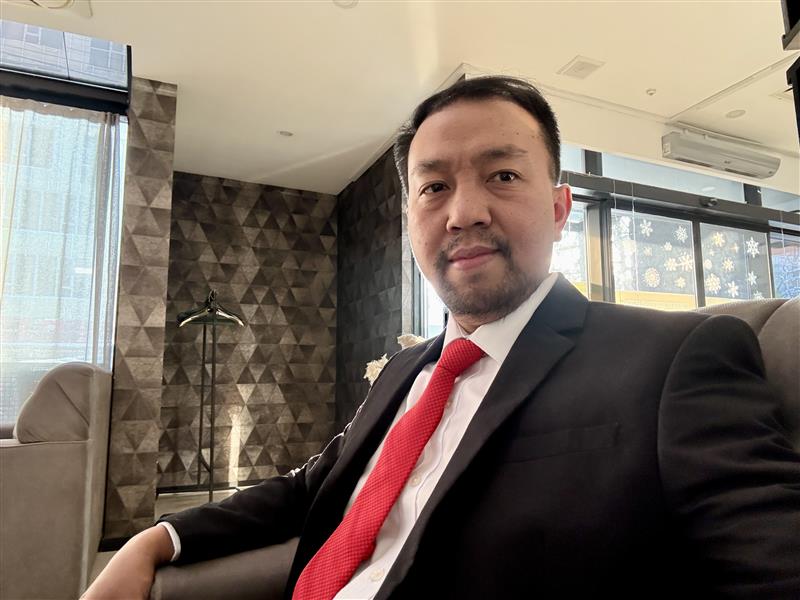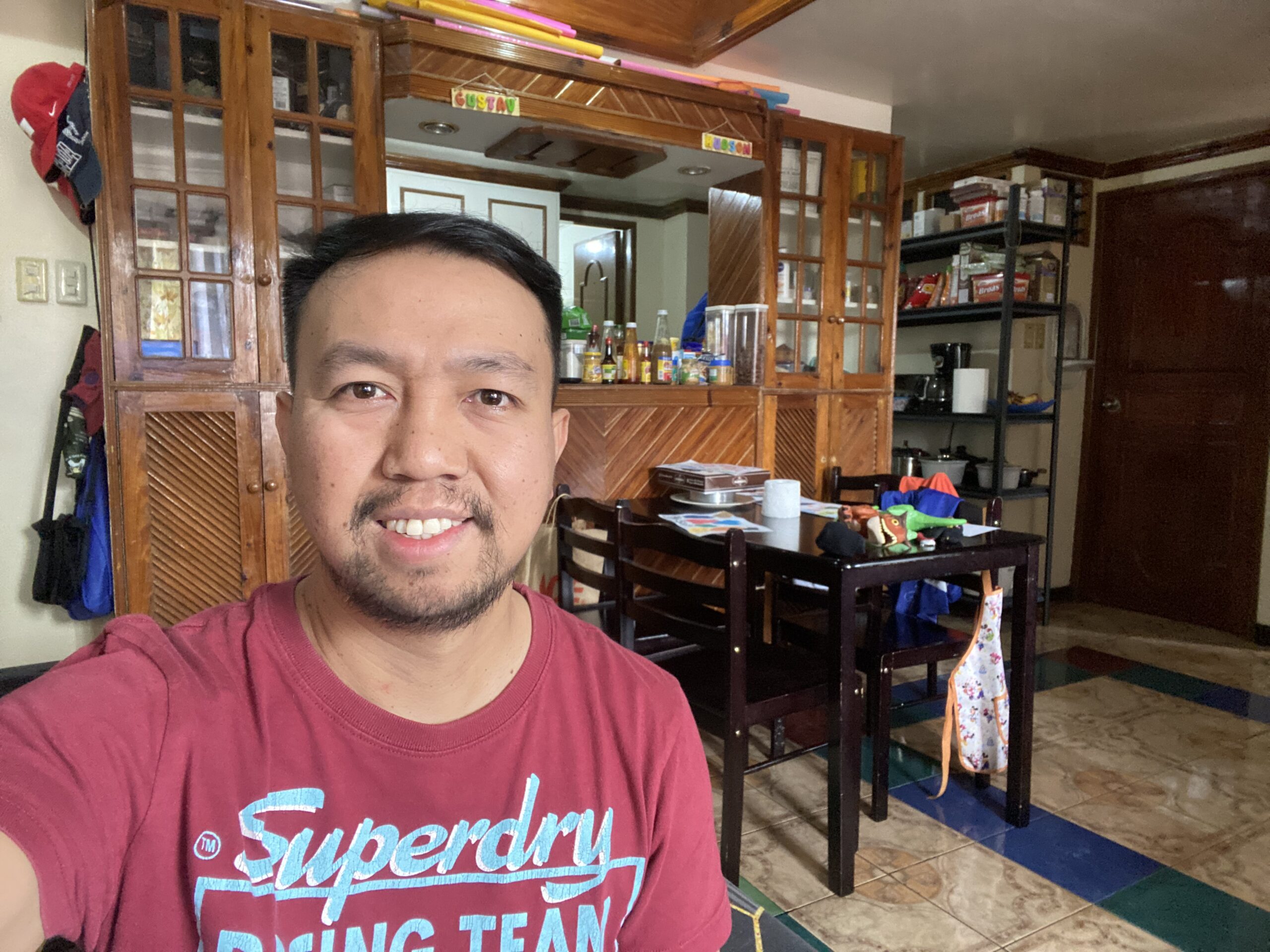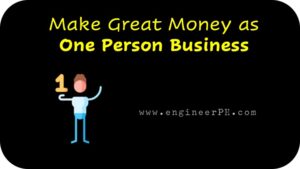Insights from The Unfair Advantage by Ash Ali and Hasan Kubba
Life is not fair…
- Sometimes timing is more important than hard work.
- More qualified candidates often lose out to those with greater connections for jobs.
- And the rich just seem to get even richer.
You have two options: either concentrate on creating an unfair edge or allow the unfairness of life discourage you from taking a risk. Your chances of launching a business and working for yourself significantly increase when you have an unfair advantage.
There are a few benefits that enable entrepreneurs to stand out in the market and create a competitive moat around themselves, according to authors Ash Ali and Hasan Kubba:
MONEY
You may spend more time developing a product and reach a larger audience if you have money. More money in the bank would enable you to test more planes and have a longer runway to launch those test planes if you were building the first airplane.
Make your money go further to gain an unfair advantage if you don’t have a lot of cash on hand.
Could you relocate to a less expensive location? In order to cover your living expenses and give yourself time to test out new company ideas, can you find a 10 hour per week freelance job? To gain an unfair advantage, could you maybe move back in with your parents?
Even in situations where you require a substantial amount of funding to launch a business, your ability to market your idea to investors will provide you an unfair advantage.
INTELLIGENCE AND INSIGHT
Being “smarter” than the majority allows you to solve difficulties more quickly, which is clearly advantageous. The capacity to spot profitable problems, though, is a more important and less evident advantage. Steve Jobs became aware of a problem with personal computers in the 1970s.
Jobs was certain that electronic gadgets have to be stunning, sophisticated, and easy to use—a issue that few people paid attention to or cared about.
Develop the unfair advantage of insight by keeping an eye out for consumer annoyance and frustration as well as by persistently asking questions that address the underlying causes of people’s annoyance and frustration.
If you dig far enough and for a long enough period of time, you may discover a successful product idea before anyone else.
LUCK
According to research, timing determines whether a startup succeeds or fails by roughly 50%. Being fortunate and striving to get lucky can feel like unfair advantages that are mostly beyond your control and unimportant; nonetheless, you have more power over luck than you would realize.
According to peer-reviewed studies, simply believing that you are lucky increases your likelihood of being fortunate because you are more inclined to recognize events as opportunities and take advantage of them.
For instance, if you think you’re lucky, you could be more likely to talk to a complete stranger on a plane or at a gathering because they might unintentionally make your life better.
You can start using your unfair edge by often recalling fortunate encounters and fortunate timing in your history that resulted in the positive things in your life. Your ability to see fortunate possibilities in the future will increase if you are grateful for your past good fortune.
If you have a lucky attitude and are prepared to take action (meet people, put things out there, and attend areas where you are likely to encounter ideas on the cutting edge of your interests, like Silicon Valley for technology entrepreneurs), you can use chance to your unfair advantage.
EDUCATION AND STATUS
A significant benefit is having admission to a prominent school like Harvard or Stanford. The same is true of joining a prominent organization like Goldman Sachs or Google, both of which convey the impression that you are unique and can contribute.
Being a former employee of Goldman Sachs or a graduate of the London School of Economics will help you meet more powerful people if you’re working on a financial product business.
Even if you are not enrolled into a prestigious institution or company, you can still gain an unfair advantage in terms of education and status by engaging in self-directed learning and combining marketable talents such as programming and design, engineering and sales, etc.
Become an authority in two topics that seem unconnected but may be combined, such as biology and AI or virtual reality and psychology.
If there is one life rule that will give you an unfair advantage: Make learning your top priority. Choose your experiences, careers, and companies depending on how much you can learn, even if doing so momentarily means forgoing more rewarding and pleasurable activities.
Whatever you discover, put it to use to become more giving. Over many years, developing a reputation as a knowledgeable and kind person will advance your standing more than earning a prestigious degree.
“Life is unfair. Hard work isn’t enough. To succeed, you have to leverage your unfair advantages. And yes, even you have unfair advantages, whatever your background.”
‐ Ash Ali and Hasan Kubba
Author: The Pinoy Engineer
GOOD TO GREAT BOOK SUMMARY FOR FILIPINOS
In this blog, you will find the Best Book Summaries and Productivity Tips in Taglish (Tagalog-English) made specifically and exclusively for Pinoys in and out of the Philippines tulad mo, Kabayan. Self-improvement reading is one of the most productive things to do.
GOLDEN OPPORTUNITY FOR PINOYS
Sabi nga ni Jim Rohn – “Ang pagkakaiba sa pagitan ng kung nasaan ka ngayon at kung nasaan ka limang taon mula ngayon ay makikita sa kalidad ng mga librong babasahin mo”.
If seryoso ka sa iyong personal growth and development, Basahin mo din itong FREE E-book na nagawa exclusive lang para sa mga Pinoy. 7 Steps to Living a Life Full of Abundance. Take Control of your Career, Do what you Love, and be Successful. Download the book na yan ng libre, kaibigan.
Did you find this article helpful na maaaring maapply mo sa professional o personal na buhay mo?
Let us know in the comments below!
If you enjoyed this post, then you might also like:







